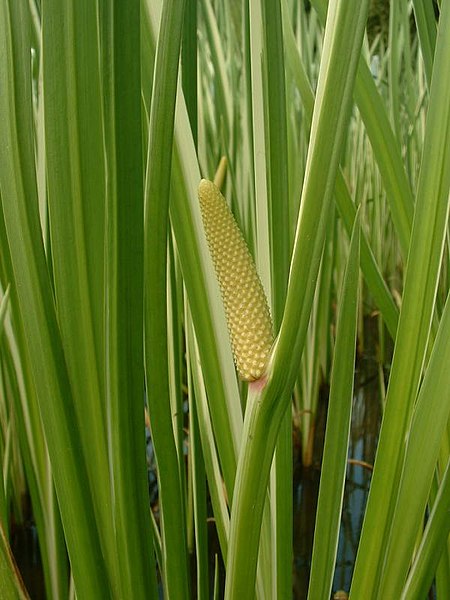Infinite photos and videos for every Wiki article ·
Find something interesting to watch in seconds
Great Artists
Crown Jewels
Celebrities
Presidents
Wars and Battles
Supercars
Sports
Famous Castles
Largest Empires
British Monarchs
Countries of the World
Wonders of Nature
Tallest Buildings
World Banknotes
Recovered Treasures
Ancient Marvels
History by Country
Animals
Kings of France
Best Campuses
Largest Palaces
Great Museums
Richest US Counties
Rare Coins
Great Cities
Orders and Medals
more top lists





